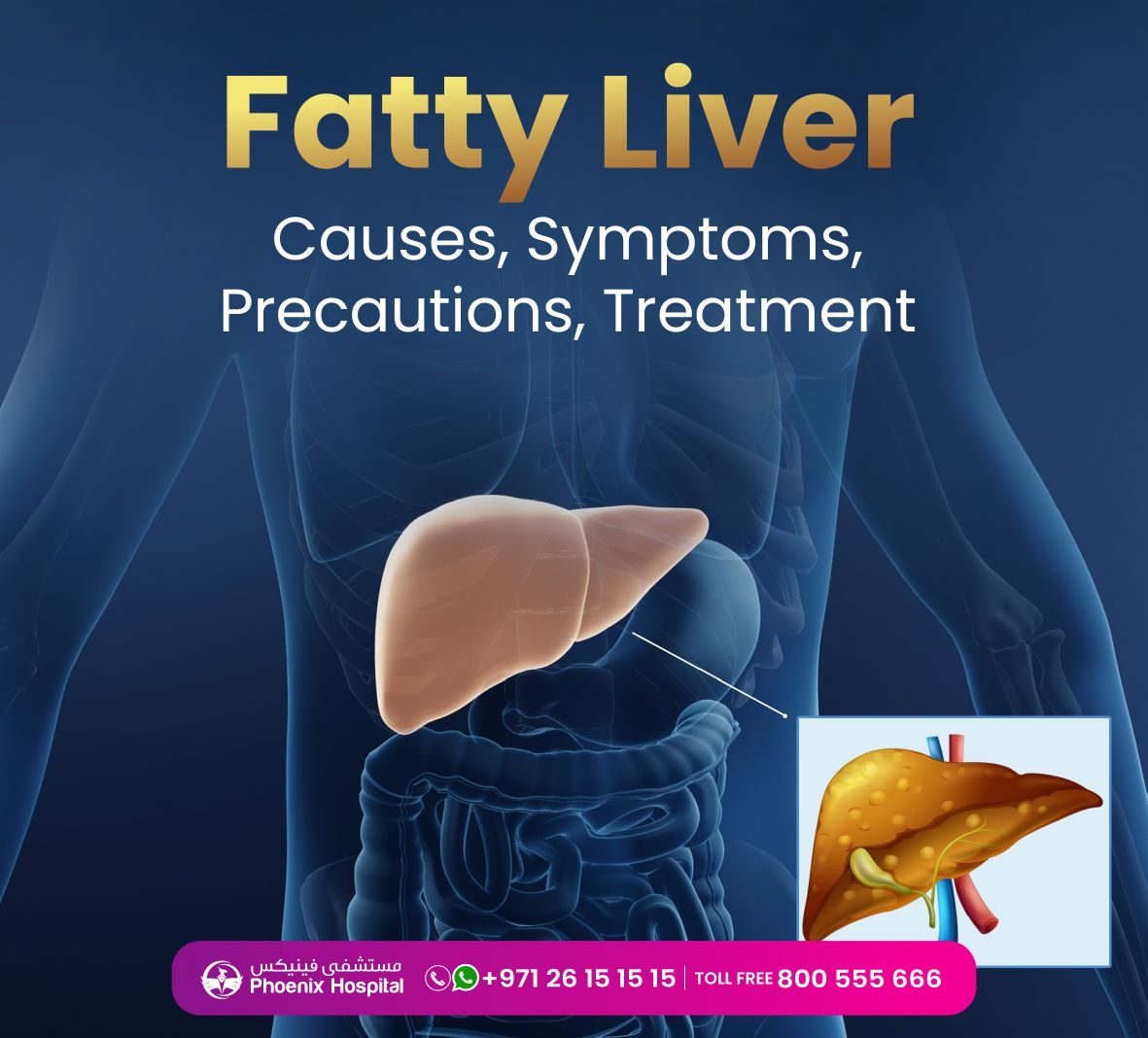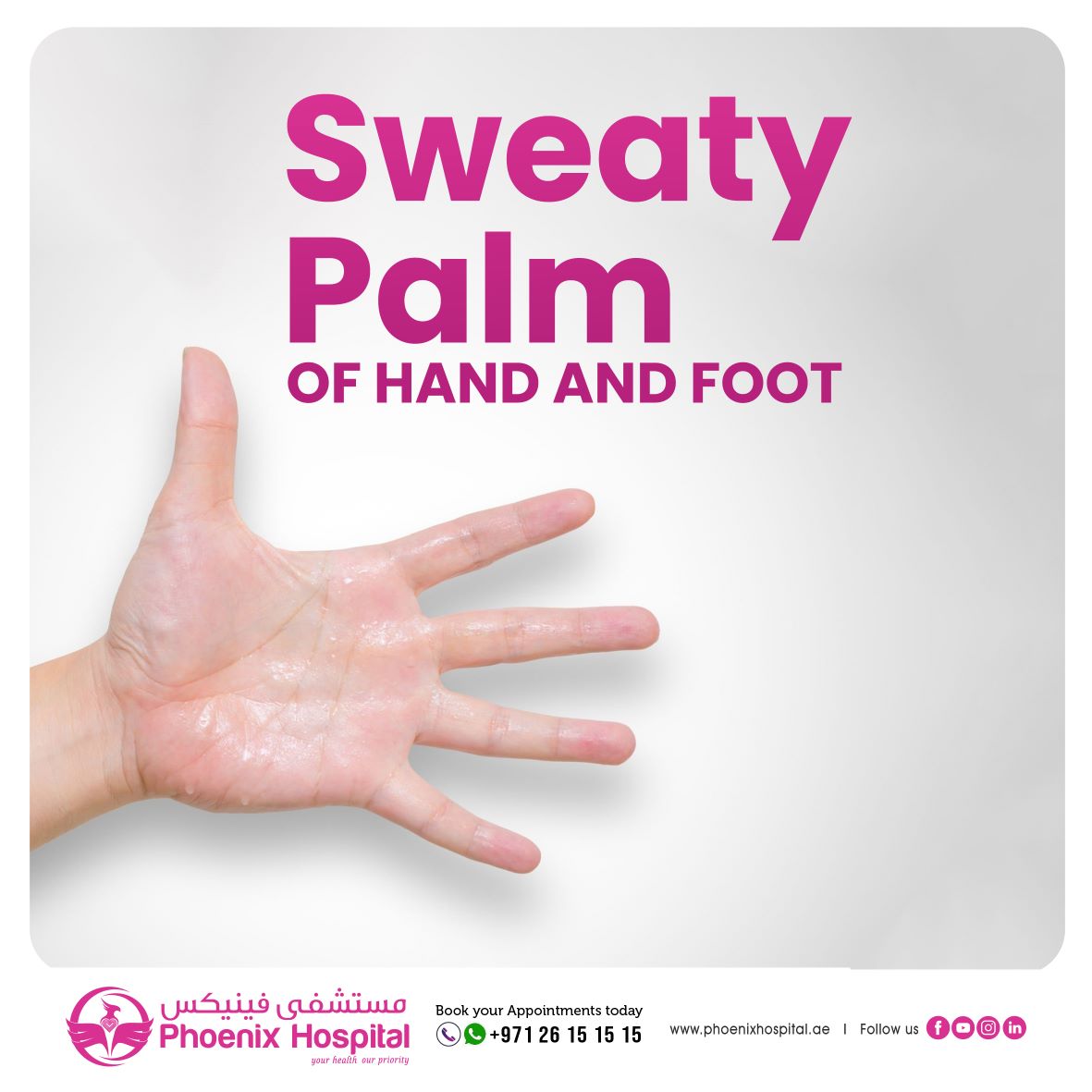
HCC – Hepatocellular Carcinoma, Symptoms, Treatments

Fatty liver – symptoms, causes, and digestion

Is Sunset to Sunrise Method Proven for Weight loss

Circadian Rhythm and Its Influence on Our Eating Habits

Colon Cancer – Symptoms, Causes, & Treatment

Hyperhidrosis is excessive sweating which is a common condition in several people. Excessive sweating of palms drastically impacts their daily life, as sweat transfers to anything they touch.
Hyperhidrosis can affect various parts of the body, including the hands (palmar hyperhidrosis) and feet (plantar hyperhidrosis). It can be caused by a variety of factors, including:
» Genetics
» Hormonal changes
» Certain medical conditions, or medications.
Practice good hygiene: Regularly wash your hands and feet with mild soap and water to reduce odor and bacteria that can worsen sweating.
Use antiperspirants: Apply antiperspirants specifically designed for hands and feet. Look for products containing aluminum chloride, which helps reduce sweat production.
Wear breathable footwear: Choose shoes made of natural materials like leather or canvas, as they allow air circulation. Avoid synthetic materials that trap moisture.
Wear moisture-wicking socks: Opt for socks made of moisture-wicking fabrics, such as cotton blends or specialized athletic socks. These materials help absorb sweat and keep your feet dry.
Change socks frequently: If your feet sweat excessively, change your socks multiple times a day to keep them dry and prevent fungal or bacterial infections.
Use absorbent insoles or foot powders: These can help absorb moisture and keep your feet dry throughout the day.
Manage stress: Practice stress management techniques, such as deep breathing exercises, meditation, or yoga. Stress can trigger excessive sweating, so reducing stress levels may help alleviate symptoms. If it’s your stress that makes you sweat a lot. You should consult a psychiatrist, who can make you understand and manage the stress in a couple of sitting.
Even after all these precautions you are facing excessive sweating, must consult a dermatologist who can assess your condition and recommend suitable treatment options, such as prescription antiperspirants, medications, iontophoresis, or botulinum toxin injections (Botox).
“In Phoenix Hospital, our team of professional doctors and staffs are ready to help and deliver you the best possible care. It’s always good to take a second opinion, Our experienced doctors are willing to help you with your healthcare decisions. You can get in touch with us by clicking contact
You can also Schedule an appointment with our doctors through Book an Appointment”